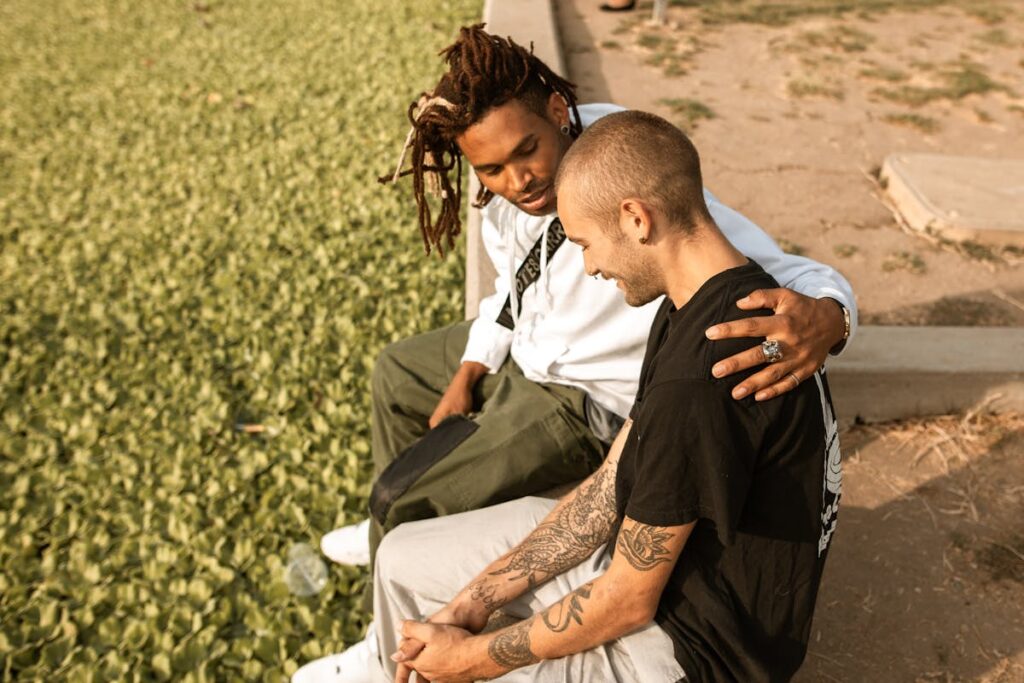
The highest calling of human existence is service—an obligation that binds each of us, not by choice, but by the mere fact of our being. It is not a contract entered into freely, nor an act of benevolence extended from the surplus of our kindness. It is, rather, the recognition of necessity. To serve is to recognize the weight of the world pressing upon another and to take a portion of that burden upon oneself, not in pity, for pity is a subtle form of condescension, but in justice, because suffering cannot rightly be ignored. The question is not whether we are called to serve, but whether we will have the clarity of vision to recognize this imperative.
The lives of those who have truly served—those whose actions have not been stained by vanity or self-congratulation—stand before us as mirrors, revealing the path we must take if we are to be fully human. Simone Weil herself, though reluctant to place her own life as an example, knew that attention was the highest form of service. To see another in the totality of their suffering is already to have answered their need, for it is inattention, a willed blindness, that perpetuates the world’s afflictions. Mother Teresa, in her silent tending of the dying, enacted this same principle in another form. Gandhi’s fasting was not an act of mere political strategy, but a bodily participation in the suffering of those whose hunger was not chosen. And Martin Luther King Jr., by refusing to return hatred for hatred, embodied the true nature of service—that of sacrifice, in which the servant willingly exposes himself to the suffering of others and does not recoil.
But service is not simply an act; it is a disposition of the soul, a habit of perceiving the world. To say that service must be the highest calling is to assert that it is the only means by which the world’s disorder can be rectified. Force cannot restore justice, for it merely replaces one form of disorder with another. Charity, if conceived as a voluntary offering of what is unnecessary, is insufficient, for it maintains the illusion that the one who gives remains untouched by the suffering of the one who receives. True service, rather, abolishes the distinction between giver and receiver. It is not an act of superiority but of solidarity.
This obligation, however, is unbearable if it is not anchored in something beyond the self. Weil spoke often of decreation—the unmaking of the self so that something higher might enter. This is the condition of true service: to empty oneself, not in an act of destruction, but in an act of making room. The self that is swollen with its own desires and interests cannot perceive the need of another, for its vision is clouded. But the self that has been purified through affliction, through renunciation, through an attention so profound that it ceases to desire, is capable of receiving reality as it is. This is the self that can serve.
Service, then, is not a project to be undertaken, nor a moral duty that one assumes in moments of generosity. It is the very substance of a rightly ordered life. And yet, who among us is willing to pay the cost? For service demands that one place oneself in the position of the afflicted, not merely in sympathy, but in actual experience. Simone Weil’s insistence on working in factories, despite the toll it took on her health, was not a political statement but an existential necessity. One cannot claim to serve those whose suffering one does not know. The same is true of Mother Teresa’s embrace of the dying, Gandhi’s insistence on living as the poorest of his countrymen, and King’s willingness to suffer imprisonment and violence. They did not serve from a distance. They placed themselves within the very heart of affliction.
There is no service without sacrifice. But sacrifice, properly understood, is not the loss of something valuable; it is the giving up of what is false so that what is real might be received. The illusion of separateness, of autonomy, of self-sufficiency—these must be relinquished, for they are obstacles to service. And yet, service is not a grim duty, nor a renunciation for its own sake. It is the means by which one becomes free. To serve is to be liberated from the prison of the self, to step beyond the confines of individual desire and enter into the vast and luminous space of necessity. It is to say: I do not exist for myself alone.
This is why the greatest figures of service are those who did not seek recognition, who did not serve in order to be praised or remembered, but who acted because there was no other choice. The truest service is anonymous, unremarkable, hidden. It does not ask for gratitude. It does not seek to be seen. It is simply the response of a soul that has learned to perceive rightly.
But can we learn to serve? Or is it a grace, given only to a few? Perhaps the answer is both. Service begins in attention—the patient, unwavering gaze upon reality. To see suffering without turning away is already to have begun to serve. And if we remain in that posture—if we refuse to shield ourselves, if we allow the suffering of others to imprint itself upon us—we will find that service is not something we do. It is something we become.
Join us in making the world a better place – you’ll be glad that you did. Cheers friends.